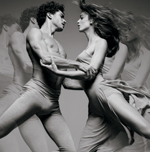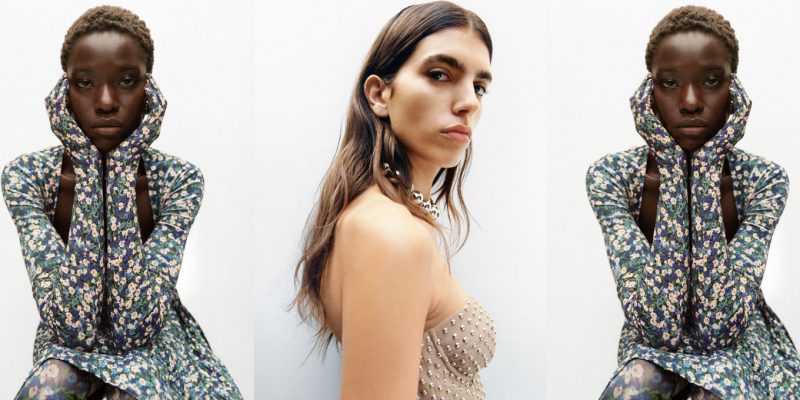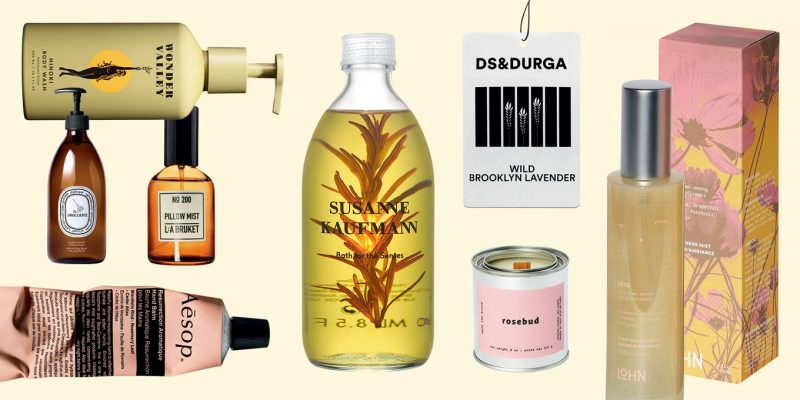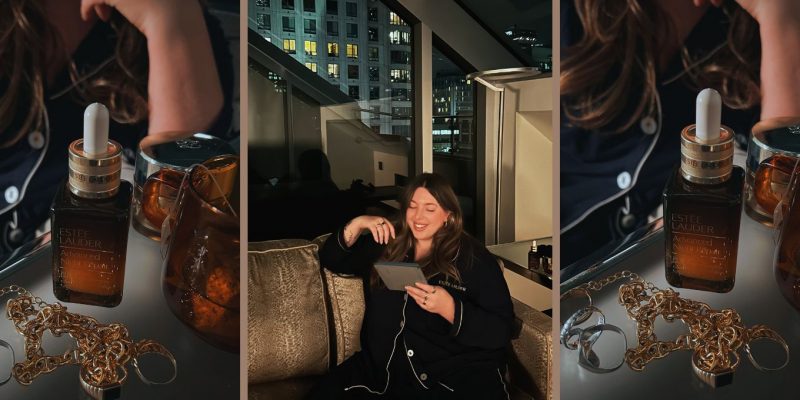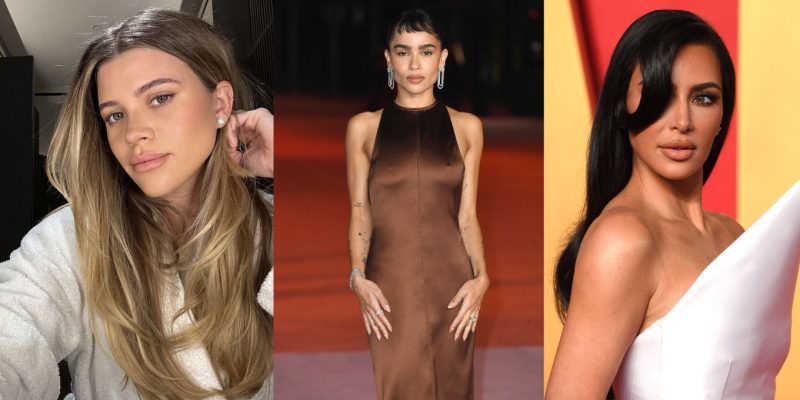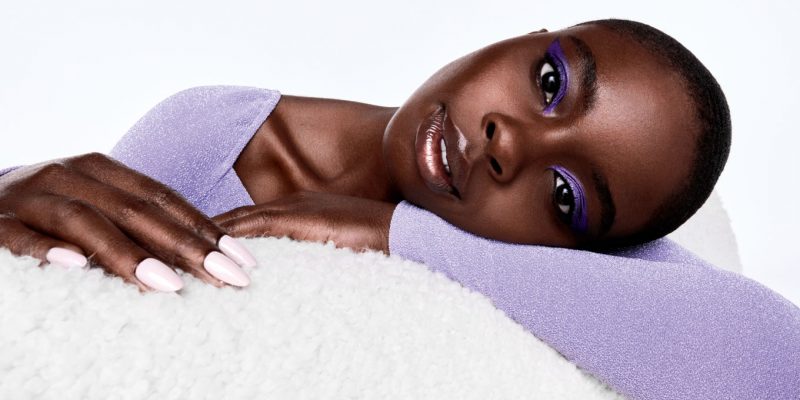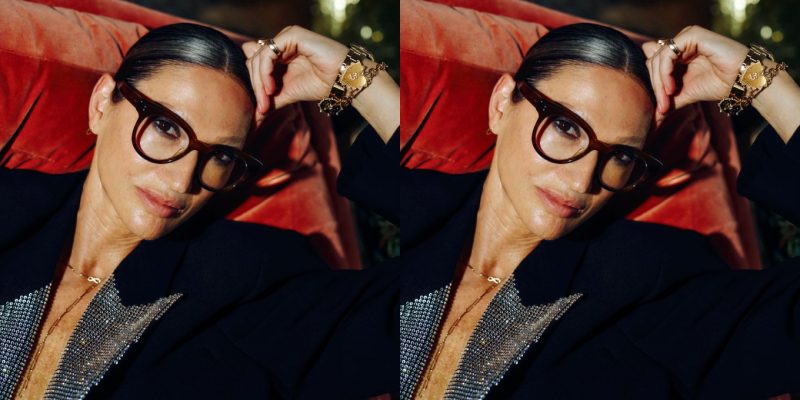He has put Madonna in bullet bras and dressed men in skirts. His runway shows are filled, not with Darias and Naomis, but with women and men who are old, fat, heavily pierced or tattooed, very short and very tall, strange-looking and beautiful. He is constantly referred to as the bad boy of fashion, whatever that means anymore. But you see, despite his modest origins, his love of street culture and his weakness for a crispy baguette, Gaultier is really a modern aristocrat. His most recent fragrance, Gaultier2, the fourth in his collection, captures his playful, unconventional sensuality.
“When he was young, Jean Paul saw a production of Romeo and Juliet. Of course he fell in love with Juliet, but that night he dreamt of Romeo,” says Francis Kurkdjian, the perfume’s creator. “When he approached me to do this fragrance with him, he told me to think about being in a dark room. There are two people in the room, but you don’t know their genders. What is important is the smell of the skin. The tenderness, but also the primitiveness, of the encounter is elicited by the scent in the room.” The perfume in question is Gaultier2, a voluptuous marriage of amber, musk and vanilla. According to Kurkdjian, a signature of the Gaultier fragrance collection is the use of musk to represent skin. “Jean Paul loves sweets. He told me to keep in mind the idea of two people sharing a toffee, to capture the wetness, not necessarily the sugar. Imagine when you’re kissing someone’s skin — you’re tempted
to take a bite.
“Kurkdjian explains that in the 18th century, perfumers did not create distinctive scents for each gender. Over the years, as the bourgeois class began to dominate society, greater restrictions were put on proper comportment for men and women. For example, that women should only wear dresses, hats and gloves and smell like flowers. In contrast, a key theme of Gaultier’s work is to transcend such stale notions of gender. In his first Paris fashion show in 1985 entitled A Wardrobe for Two, he put men in dresses and women in suits. His second fragrance, Le Male, a lavender oriental, was originally considered too feminine for a men’s cologne. And the debut in 2003 of his line of men’s makeup, Le Male Tout Beau Tout Propre, kicked off the metrosexual flurry in the media. A feminist slogan used to be “the personal is political.” Gaultier has extended that notion to “the perfume is political too!”
